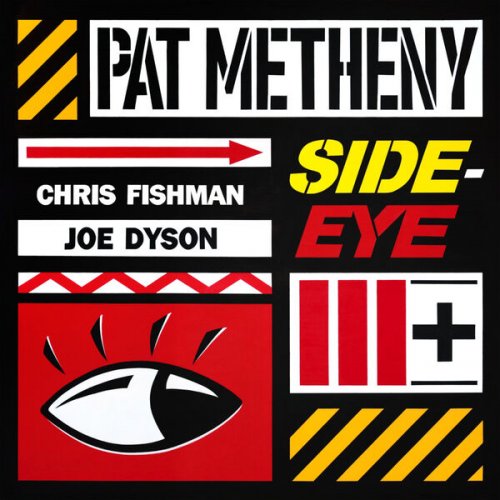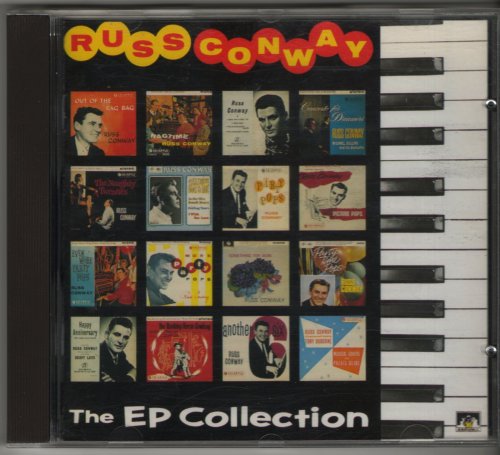Waylon Jennings - Cedartown, Georgia (2021) Hi-Res
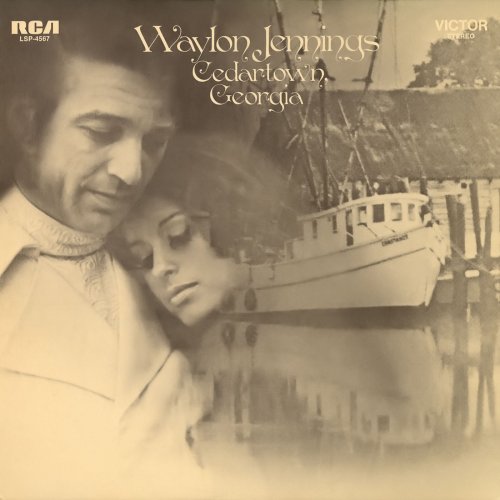
Artist: Waylon Jennings
Title: Cedartown, Georgia
Year Of Release: 1971 / 2021
Label: RCA Records Label
Genre: Country, Honky Tonk, Folk
Quality: 320 / FLAC (tracks) / FLAC (tracks) 24bit-96kHz
Total Time: 29:08
Total Size: 68 / 108 / 336 Mb
WebSite: Album Preview
Tracklist: Title: Cedartown, Georgia
Year Of Release: 1971 / 2021
Label: RCA Records Label
Genre: Country, Honky Tonk, Folk
Quality: 320 / FLAC (tracks) / FLAC (tracks) 24bit-96kHz
Total Time: 29:08
Total Size: 68 / 108 / 336 Mb
WebSite: Album Preview
01. Cedartown, Georgia (2:49)
02. Big D (2:32)
03. The House Song (3:31)
04. Tomorrow Night in Baltimore (3:04)
05. Pickin' White Gold (2:35)
06. Bridge Over Troubled Water (3:57)
07. It's All Over Now (2:34)
08. I'm Gonna Leave You Now (While I Still Love You) (3:06)
09. I've Got Eyes For You (2:36)
10. Let Me Stay Awhile (2:24)
Made with producer Danny Davis, Cedartown, Georgia is another of Waylon Jennings' late-'60s recordings that offers a unique view of his restlessness. Jennings' taut sense of propriety here is very much in evidence with the simplest and most basic of songs, such as Miriam Eddy's (Jessi Colter) "It's All Over Now." The window dressing added by Davis waters down its impact and makes Jennings' job as a singer more difficult -- and he knew in advance what would happen to it. Others, such as "Big D" and "Tonight in Baltimore," suffer the same fate; although there is nothing particularly wrong with the performances, there does seem to be too much going on. But the tables are turned on "Bridge Over Troubled Water," on which Colter joins Waylon and Davis' Chet Atkins-laden (hell, almost Billy Sherrill-style) string fest to provide something almost blessed-out amid the tumultuous arrangement. The conviction in both voices is nothing less than shattering. But aside from this and "It's All Over Now," Cedartown, Georgia feels just like what it is, a decent collection of songs and inspired performances marred by production nonsense. Indeed, a quick listen to the album and it becomes difficult to see why Davis worked with Jennings at all.
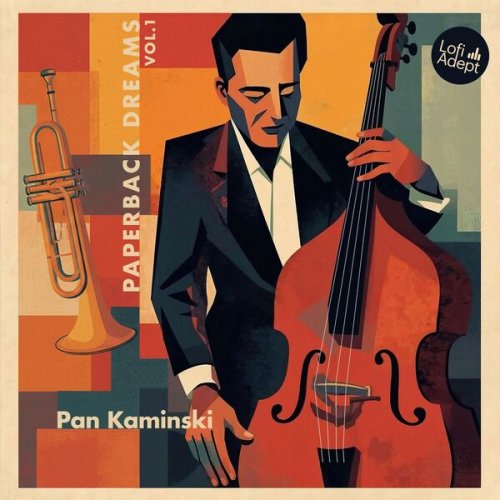


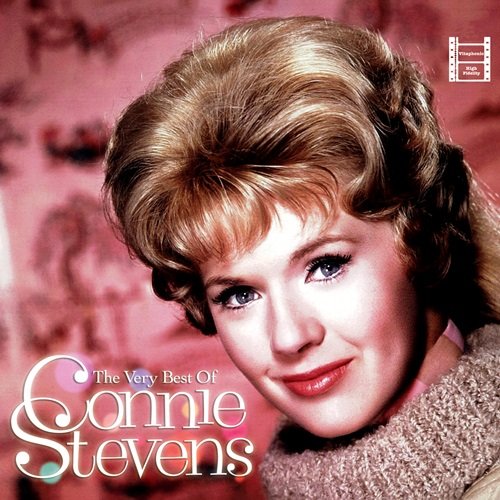
![Marius Neset - Time to Live (2026) [Hi-Res] Marius Neset - Time to Live (2026) [Hi-Res]](https://www.dibpic.com/uploads/posts/2026-02/1771945711_folder.jpg)
![Mateus Asato - ASATO (2026) [Hi-Res] Mateus Asato - ASATO (2026) [Hi-Res]](https://www.dibpic.com/uploads/posts/2026-02/1772112407_egqdz3e9dom2b_600.jpg)

